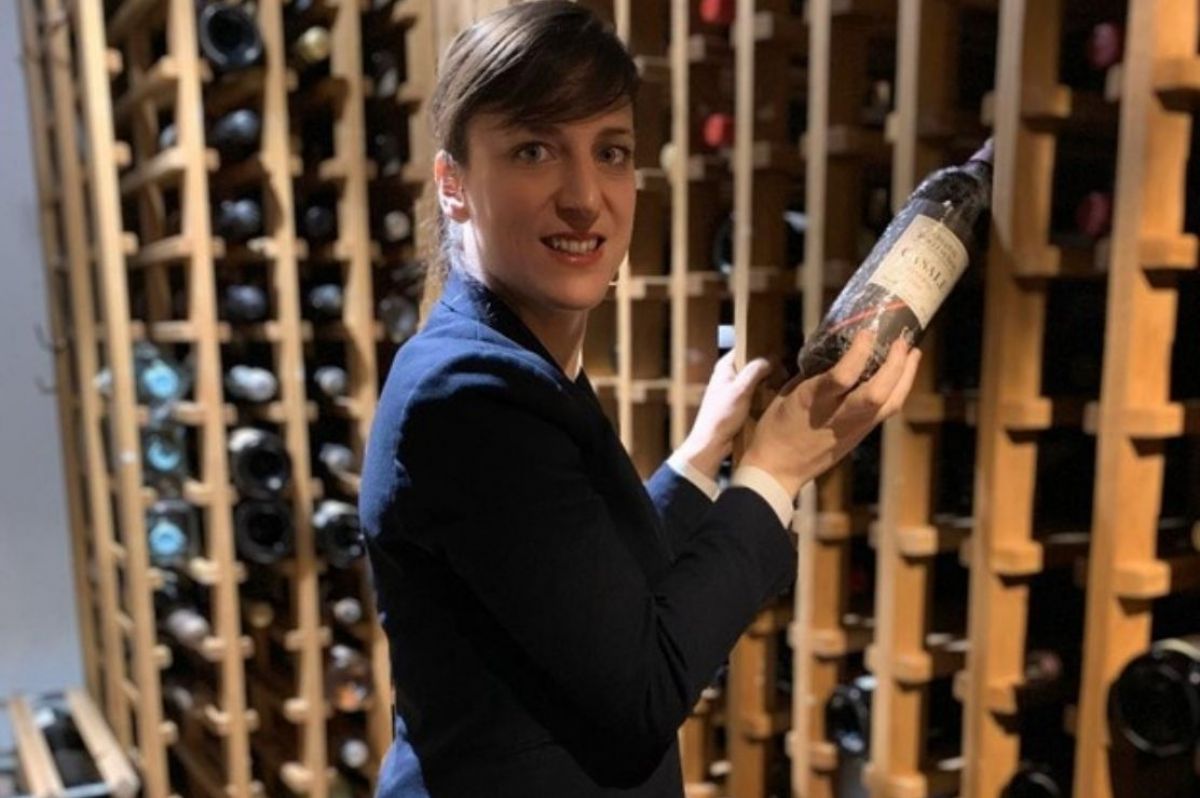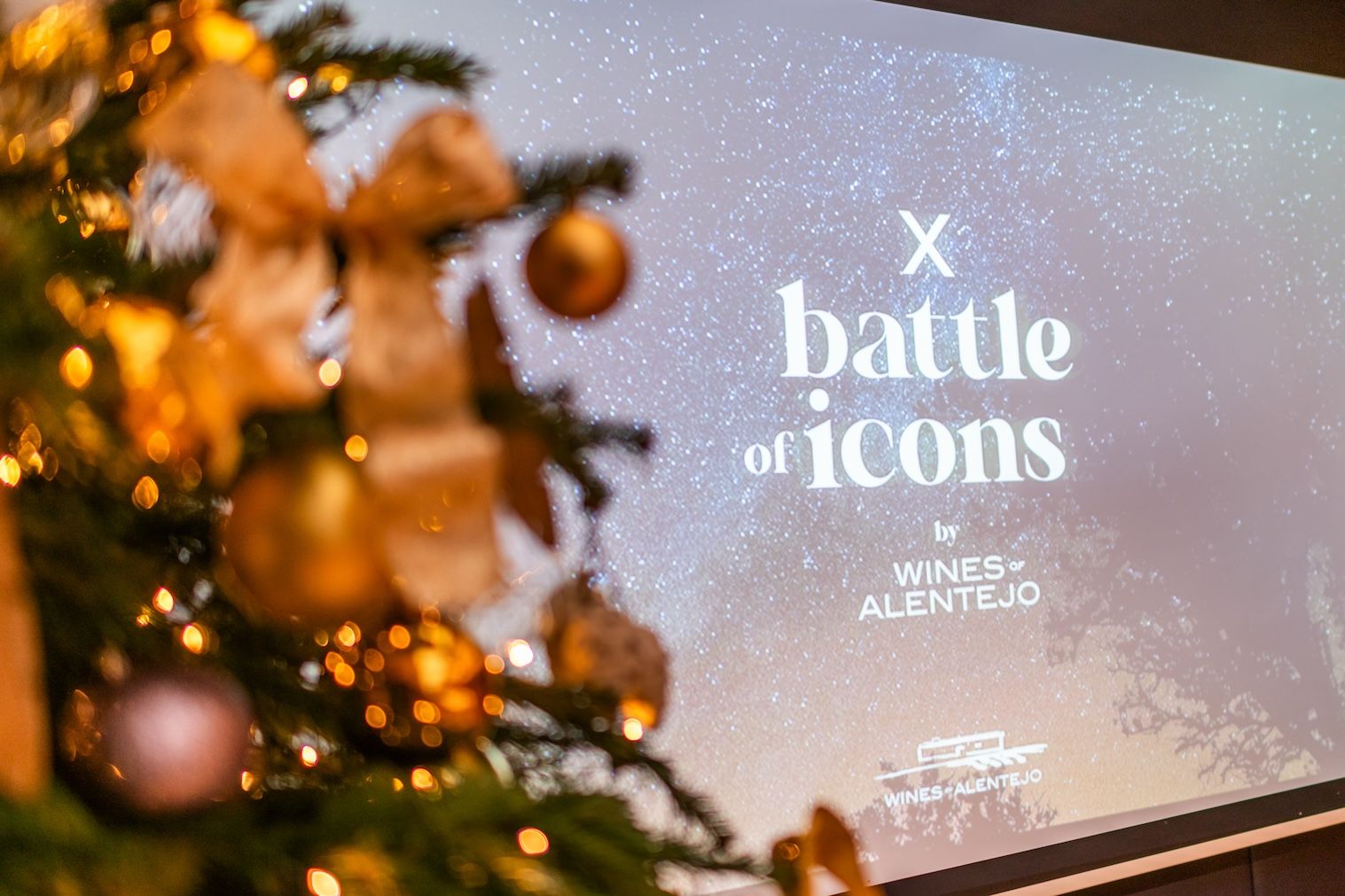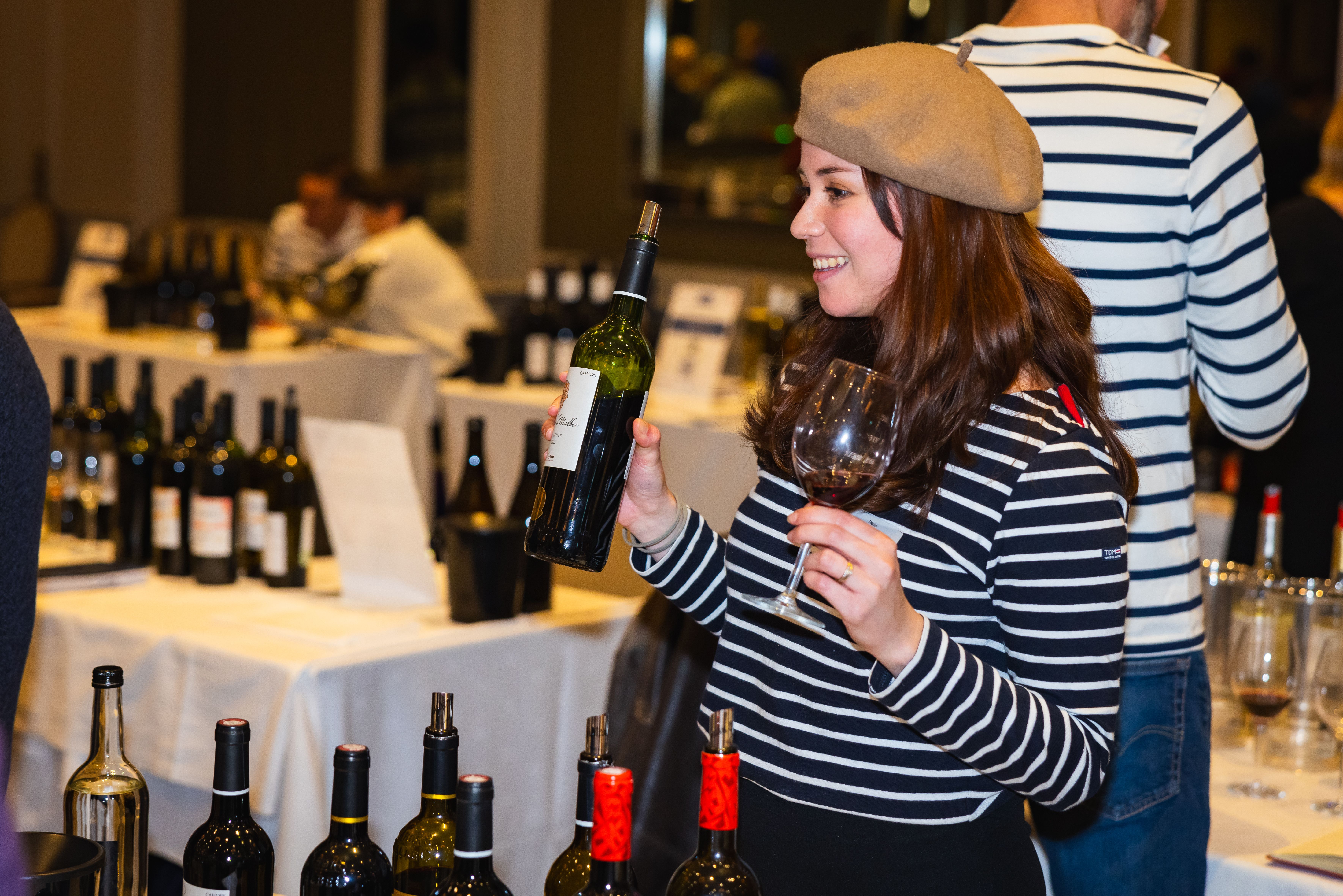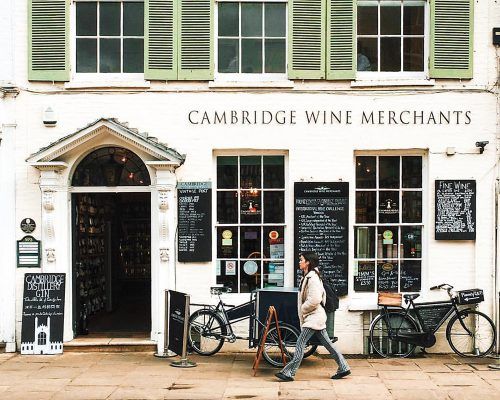To enter your wines into the 2021 London Wine Competition click here and to find our more information about how it works click here. Here’s our second round-up of what its senior judges think of the competition.
The London Wine Competition has one key difference over all the other international drinks competition in that it does not just assess wines for their quality, but also how that quality then stacks up to the price being asked for it and what its bottle and packing looks like on shelf.
To be able to do that its judges need to have professional wine buying experience, or hold senior positions in the wine industry where those types of decisions are assessments are being made every day of the working week.
Here we talk tofive leading judges who each bring them a different quality of their own to the competition about why it is they take part, and what they think makes it different.
Christopher Delalonde MS, head of wines, The Dorchester Hotel

Christopher Delalonde MS is pleased to see packaging and design such a key part of the judging process
Why do you want to judge for London Wine Competition – what makes it different?
I personally entered as an opportunity to practice, taste, analyse and expose my palate to styles and varieties of wine that I would not otherwise be inclined to, or just would not fit my needs at work.
As we all know, this crisis has eradicated all opportunities to visit or meet suppliers and agencies at trade shows, so it has limited our options and potential. London is such an amazing platform to see and taste wines from all over the world – everything comes here.
It is the first time, I have been invited to be part of LWC and it will also be a great opportunity opportunity to taste with your peers and understand and discuss their points of view on a given wine and why it would fit, or not, in their selection.
What do you look for in packaging and design?
The main factors I focus on are the imagination and the length at which the owner or winemaker go to name their cuvées. I look at the closure and whether it would be suitable to list within the hotel and how practical it would be tastings and serving at events.
What is also quite relevant to me working in the hotel is the shape of the bottle as it needs to fit in racks and fridges, to avoid breakages and help keep our service efficient. I also keep an eye on sustainability, the Co2 footprint of the wine and the recycling and environmental principles of the estates and companies entering the wine.
What trends do you predict in 2021 in terms of wine styles and countries?
2021 will definitely be a different year – after such an elongated time, full of restrictions and lockdown. I am not sure customers will have a specific country or style they will want to follow.
I think value for money will be the main lead and focus. Nobody knows as yet what the real cost of importing wine from the EU is going to be – hopefully it will be marginal. However, with a contracting economy contraction and the uncertain times, diners – myself included – will watch pricing closely. I would assume the market for £10 and under, for buyers (DP and ex VAT) will be the more buoyant and the one that is most closely followed.
Sara Rossi, head sommelier, Trinity Restaurant, Clapham, south London
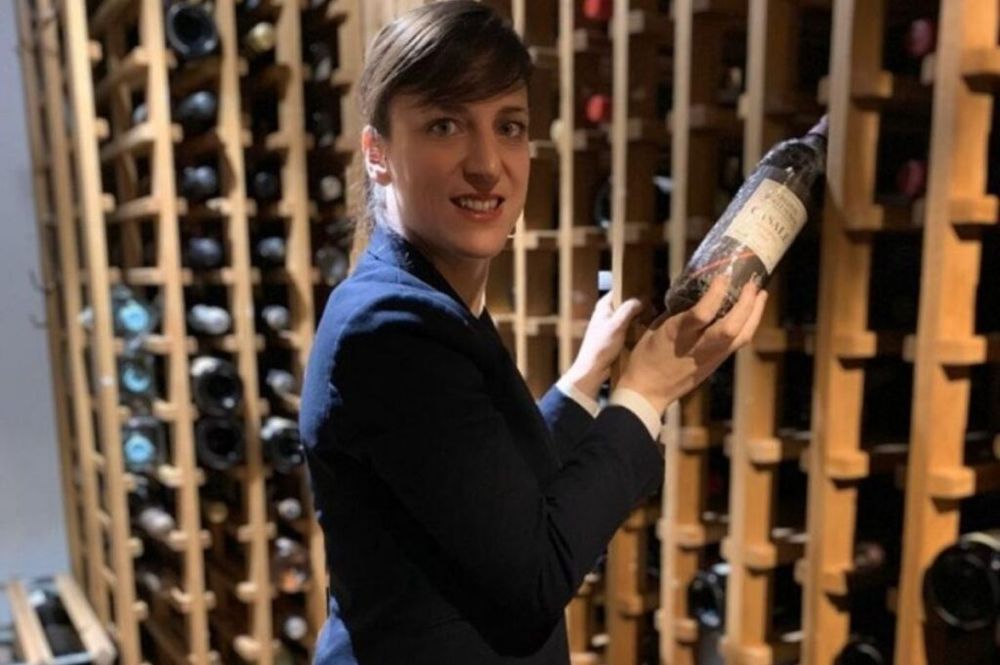
Sara Rossi is taking part in the judging for the first time this year
Why do you want to be a judge in the competition?
This is my first time I am taking part in the competition and I am very excited to be one of the judges. It will give me the opportunity to develop my tasting and assessment skills during the judgment process.
What do you look for in a packaging and design in particular?
I am not really interested in the packaging or label design. What counts for me is the final product inside. However, I would prefer not to have heavy glass bottles, because it is not very sustainable for the environment.
What trends do you see in 2021?
Rosé wines that are not just for the summer, but you can also enjoy during the autumn and winter seasons. Maybe a deeper colour and richer style of rosé will increase in demand.
I also think still wines from Portugal will become more popular. There are so many great indigenous varieties and new generations of winemakers coming through across the country. They also offer good value for money.
Beaujolais Gran Cru will also continue to grow in popularity. Some consumers see them as a great alternative to Burgundy.
Sparkling wines are also seen far more as a choice to pair with food and not just as an aperitif or for a celebration.
Consumers and on-trade buyers will look increasingly for sustainable producers committed to lowering their environmental impact. So we will be looking for ways in which they are cutting their carbon footprint and switching to more eco-sustinable packaging, such as key kegs and bag in box.
Barbara Drew MW, events manager, Berry Bros & Rudd
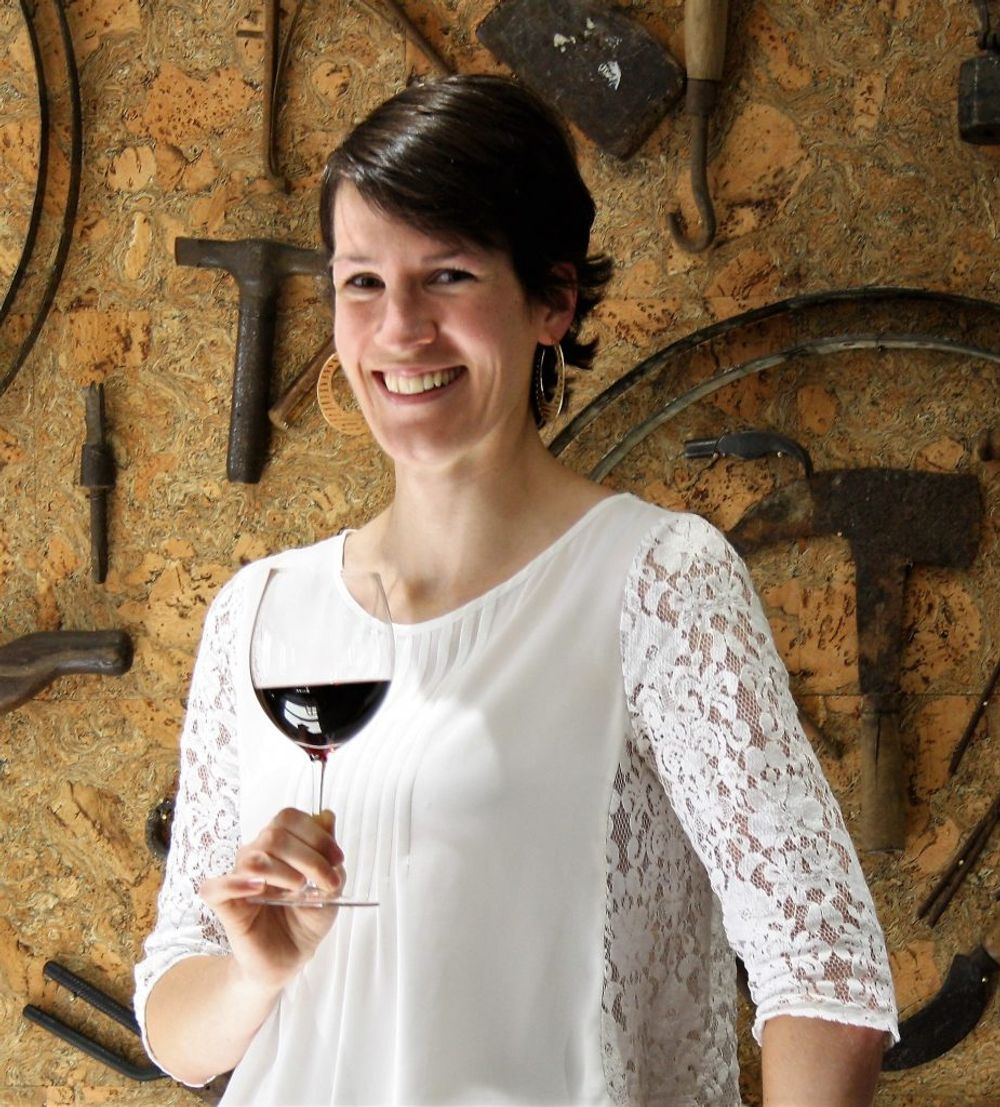
Barbara Drew MW likes how welcoming the London Wine Competition is for all the judges taking part
Why do you want to be a judge in the competition?
I was a judge at the London Wine Competition two years ago and it was a really fantastic experience. I was still relatively new to judging but found the organisation was smooth and crucially the other judges and atmosphere incredibly welcoming and supportive.
Personally I think that wine competitions can be quite intimidating to some in the trade, and certainly not that welcoming for younger or less experienced judges. I think LWC is making a real effort to ensure the range of judges is incredibly high calibre, but also broad and diverse, which is wonderful.
What makes it different?
The inclusion of packaging and design in the assessment sets this competition apart. Whilst it is imperative that, as judges, we are objective in our assessment, I think the wine trade places too much emphasis on rating wines entirely “blind”. The truth is, few, if any consumers drink wine blind – the bottle, and the label are the first thing consumers see, and will very much inform their decision and indeed their enjoyment of that wine. What’s in the bottle is undoubtedly vital, but what’s on the bottle matters too.
What do you look for in packaging and design in particular?
For me good packaging, like good wine, should look and feel effortless. It needs to be a continuation of the wine – if a winemaker is striving to create a wine that reflects a sense of place, then the packaging should aim to do that as well.
What trends do you see in 2021 in terms of demand for wine styles and countries?
At the start of each year we always hear the phrase “drink less but better” – but I think this year that holds a ring of truth. People have perhaps drunk too much during lockdown, and with the price of classic wines looking to rise due to Brexit, focusing on savouring a few good bottles makes more sense than ever.
In the absence of overseas summer getaways, any wines that have strong summer holiday vibes will do incredibly well in the UK this year – Albariño, Vinho Verde, Assyrtiko and rosés – anything synonymous with summer.
Finally (and perhaps this is just wishful thinking), but I do hope that all types of sparkling wine – Champagne, but also Crémant, Cava and certainly English sparkling wine – see a huge boost, as people make up for lost time with missed celebrations and family reunions.
Will Hill, senior buyer, Albion Wine Shippers

Will Hill likes the consumer focus in the awards
Why do you want to be a judge in the London Wine Competition?
Unlike other competitions I’ve been involved with there seems to be a real focus on the consumer, rather than just what the pros think. I like the transparency of the judging too, it’s all well and good seeing a gold or silver sticker on a wine but you don’t really know who has decided that. With the London Wine Competition you know all the judges and can find out about them and their credentials really easily. Personally it’s also a great opportunity to taste some amazing wines too, the calibre of entry is always great and I take pride in giving my professional opinions on them.
What makes it different?
I really appreciate the judges come from all kinds of wine related areas. From sommeliers, buyers, MWs, and more, and at the end of the day we are all consumers too. I really like the scoring mechanism here too, it seems a lot more understandable to the ‘man on the street’. And I think it’s very important to get opinions on labels too.
What do you look for in packaging and design in particular?
Well to me that depends on the wine and what it is trying to be. Something classic and traditional is all well and good for certain regions, but a sleek, modern design would suit others. It’s obvious when the labelling was an afterthought, or even trying too hard, and the label has to be in balance with everything else about the producer and the product. We buy with our eyes a lot of the time so it really does matter.
What trends do you see in 2021 in terms of demand for wine styles and countries?
I would like to see people seeking out wines from lesser known regions and grapes that are more unknown. I’m a big advocate of this so a shift away from the ‘safe’ options would be great. I also think the no and low sector will grow in popularity, and hopefully more wines will focus on their carbon footprint and sustainability.
Victoria Burt MW, head of product development and wine qualifications, Wine & Spirit Education Trust

Victoria Burt MW likes how the judging criteria are in tune with how consumers buy wine
Why do you want to judge for London Wine Competition – what makes it different?
The aspect that makes London Wine Competition so different from many other competitions is that packaging and value form specific parts of the scoring. Given that price and packaging are such important factors within many customers’ purchase decisions, this competition offers producers the chance to gain feedback on their wine offering in its totality – particularly valuable given the high proportion of wine buyers within the judging panel.
What do you look for in packaging and design?
The wines are first tasted in blind conditions, with a score awarded for quality and value, before the packaging is revealed so I’ve already gained an impression of the wine. I’m therefore generally looking for the quality of the packaging to reflect the quality and price category of the wine.
While possibly much more subjective, I also look for the packaging to broadly reflect the style of the wine. Is the wine packaging likely to appeal to the wine’s target consumers? Does it suit the likely drinking occasion? Is the back label appropriately informative for the category of the wine?
People differ in their specific stylistic preferences so I try to keep a broad mind, but I tend to give high scores for packaging that I feel will help the wine stand out from others (in a good way) on the shelf and make the consumer want to pick it up.
What trends do you predict in 2021 in terms of wine styles and countries?
I think this year’s trends will depend on what people are able to do, where and with whom. According to Wine Intelligence, while consumption frequency rose in 2020, consumers have been opting for safe choices such as big brands or classic regions and grape varieties. I think there is a fair possibility this will continue into 2021 for the sake of ease and reliability.
I do think consumers might be looking to treat themselves as the weather gets better and as, hopefully, people start to be able to meet or eat out. In this case, affordable but less mainstream wines might perform well if consumers are looking for an experience or to try something new when they go out. On the other hand, it will also be interesting to see if rosé Prosecco makes a splash…
Demetri Walters MW, wine educator and presenter at Berry Bros & Rudd

Demetri Walters MW is looking for packaging that stands out and demands to be seen
Why do I want to be a judge in the London Wine Competition and what makes it different?
The combination of blind tasting and a collaborative approach between the judges in a judging panel is very important for the success of a competition like this.
But what makes the London Wine Competition different and appealing, is the adjudication of packaging. Consumers will rarely have tasted the wine before they buy it for the first time, so appealing packaging is important.
Additionally, packaging needs to be appropriate, fit-for-purpose, and sustainable. So the appeal to me is an holistic if unusual approach to wine judging.
What do you look for in packaging and design in particular?
It really depends on the segment of the market that the wine sits in. Generally speaking though, I look for appeal – something that ‘pops’ and grabs my attention. This doesn’t mean that the packaging should shout. Quite the contrary really.
I look for quirkiness, innovation, artistic appeal, elegance and, above all, clarity. I am turned off by inappropriately heavy bottles, cheap or dull looking packaging, or packaging that let’s the side down by not mirroring the value and quality inside.
What trends do you see in 2021 in terms of demand for wines styles and countries?
Interestingly I see this question as a natural progression to the questions above. I think Britain could finally be getting serious about bag-in-box and wine pouches. The biggest problem is that to date vendors have persistently filled these with either the lowest common denominator, or wine that isn’t better value than what’s in a bottle. This is odd (and, frankly, counterproductive) given the purpose of larger format packaging.
I think 2021 could also be a year, given what we’re doing to our planet, when we take further interest in the sustainability of grape growing, wine making, and getting the product to market. So I think sustainable, fair-trade, organic and biodynamic wines are well set in the year ahead. So too environmentally friendlier packaging, lighter bottles, and other low-impact packaging.
I think lockdown might have also limited consumers’ ability to experiment, so I think unusual and little-seen wines from obscure regions, possible ancient wine-growing regions and native grapes could be very much on the agenda.
I suspect orange wines might well be part of this. I think English sparkling wine (and better English still wines) will continue to gain ground in people’s attention.
Many people will be somewhat poorer than in 2019, but I don’t think we’ll see a return to heavily discounted anodyne mass-market wines of yesteryear. Rather, I think consumers will likely be more choosy, engaged and inquisitive. I hope so.
London Wine Competition Key Dates

- If you would like to find out more about the London Wine Competition then click here.
- If you would like to enter your wines then click here.
- You can find the full list of judges here.
- Entries for the awards end on February 22.
- Judging Date: March 15, 2021
- Winners Announced: March 30, 2021
